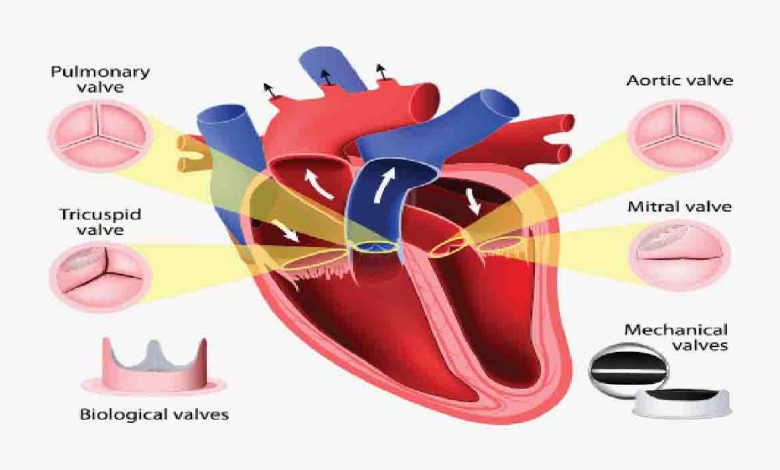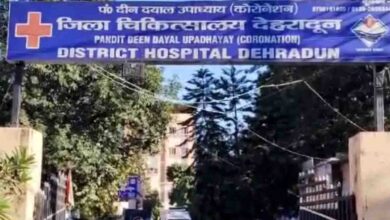SCAD- the often misdiagnosed cardiac ailment

Tuesday, 29 June 2021 | PNS | Dehradun
Spontaneous coronary artery dissection (SCAD) is an ailment which is not known to many but is still a factor one should be aware of, especially women. Associate director of cardiology at Max super-speciality hospital in Dehradun, Dr Preeti Sharma recalls that a 22 year old lady had excruciating chest pain along with nausea and bouts of vomiting. She took antacids and the pain was relieved in a few hours, but again she had recurrence of pain the very next day, this time along with associated breathing difficulty after which she soon collapsed at home. She was taken urgently to a nearby hospital where she was diagnosed with acute heart attack. This came as a shock to her family. “She was referred to our center. When we examined her, she had low blood pressure, weak pulse, and low oxygen saturation. She was stabilized with medications and blood thinners. Her angiography revealed spontaneous coronary artery dissection (SCAD) in two coronary arteries. She was advised medical management. She was discharged and was kept in close monitoring and a follow up angiography done three months later showed completely healed dissection and normal coronary arteries,” said Dr Sharma.
She said that unlike a more typical heart attack caused by a clot that blocks an artery, a SCAD heart attack starts with a tear in an artery. The tear blocks the artery and blood flow to the heart, leading to a heart attack.
“Although SCAD causes a small percentage of heart attacks overall, it is responsible for 40 per cent of heart attacks in women under the age of 50. And, it is mostly happening to young women — more than 90 per cent of SCAD patients are female. While SCAD patients range in age from their teens to their 80s, the average patient is 42 years old,” she said.
SCAD patients are generally healthy and do not have the usual aspects that can lead to heart attacks like smoking, diabetes or being overweight — so SCAD is often misdiagnosed and may lead to treatment that can cause more artery damage. She further added, “SCAD is happening to a group of women who appear healthy, are thin, and have no risk factors. So even though they have classic heart attack symptoms, they are often being misdiagnosed.”
Patients often report extreme emotional or physical stress in the days before a SCAD, like a death in the family, breakdown in marriage, job stress, or intense physical exercise — even lifting heavy items. The long-term prognosis for SCAD survivors after their initial SCAD presentation is good. Recurrent SCAD events, however, are frequent and these patients must be followed closely. Conservative medical management for stable patients with resolved symptoms is typical. Revascularization via percutaneous coronary intervention (PCI) or coronary artery bypass graft surgery (CABG) may be necessary for a small percentage of patients.






